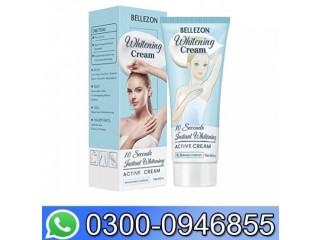WPC Flooring, SPC Flooring and LVT Flooring: What Differences, Similarities and Benefits? Private
3 years ago - Real estate - Bareilly - 200 viewsIf you own a modern home or have plans to own one in the future, you must have heard of vinyl floorings. These affordable and stylish flooring options are increasingly becoming the choice of many homeowners and commercial property owners who want to give their living and working spaces a fresh look.
There are three main types of vinyl flooring - WPC flooring, LVT flooring and SPC flooring. In terms of market entry, traditional versions of Luxury Vinyl Tile flooring have been in the market for many years. With time, changes in buyer preferences led to the development of advanced flooring solutions that saw rigid core vinyl such as WPC and SPC flooring hit the market.
Even so, each flooring type comes with its own set of benefits and drawbacks that you need to consider before settling for one. Though different, the three flooring types share several similarities.
In this article, we explore the benefits, differences and similarities that SPC Vinyl flooring, LVT and WPC floorings have.
Before we delve into this, let's first define each of these vinyl floorings:
LVT Flooring
Luxury Vinyl Tile is an updated and innovative version of vinyl flooring that is today a top contender when it comes to floor installations in commercial and living spaces. Designed with a real wood, stone or ceramic look, carpet grain LVT flooring is not just affordable, it is also durable, waterproof and resistant to scratches.
SPC Flooring
LVT, WPC and SPC are all hybrid flooring. This means they are designed with several layers. However, the layers vary in type from one flooring type to another. For instance, wood grain SPC flooring has a core layer that is made of PVC powder, a stabilizer and calcium powder. On the other hand, LVT Vinyl Flooring have a decor and a wear layer. For the WPC floor, the core area comprises a foaming layer and an LVT layer that has PVC powder, calcium powder and a plasticizer.
5.Firmness of Vinyl Planks
When it comes to firmness and cushioning, WPC floor carry the day. The sturdiness of floor vinyl is largely determined by the material that is used to develop its core. Since WPC vinyls have a thicker core than stone grain SPC flooring or stone grain LVT flooring, it is more stable and has a cushioned feel when you walk on it. SPC floor also have a relatively high level of sturdiness, which causes the floor to feel softer. The sturdiness also protects SPC flooring against dents and wear.
While LVT, SPC and WPC flooring can be installed in rooms that have high moisture exposure, not all of them can withstand high temperatures. WPC and LVT floor do not work well in spaces that experience high temperature changes. If you have such spaces, carpet grain SPC flooring will perform much better compared to the other two. This is because SPC floor have a denser core that causes them to resist contractions and expansions compared to WPC floors.
10.Environmental Friendliness
Eco-friendliness of vinyl floors depends on the materials that are used to make them. Since WPC and Wood grain LVT flooring contain plasticiser, a material that is not eco-friendly, they are not considered environmental friendly. SPC flooring do not contain artificial materials like glue and plasticiser. These vinyl floors are therefore considered eco-friendly - which makes them a great choice for pets and kids.






